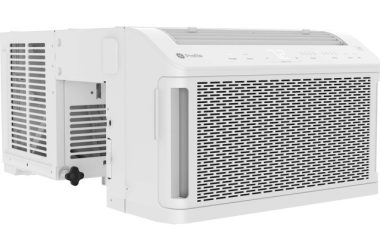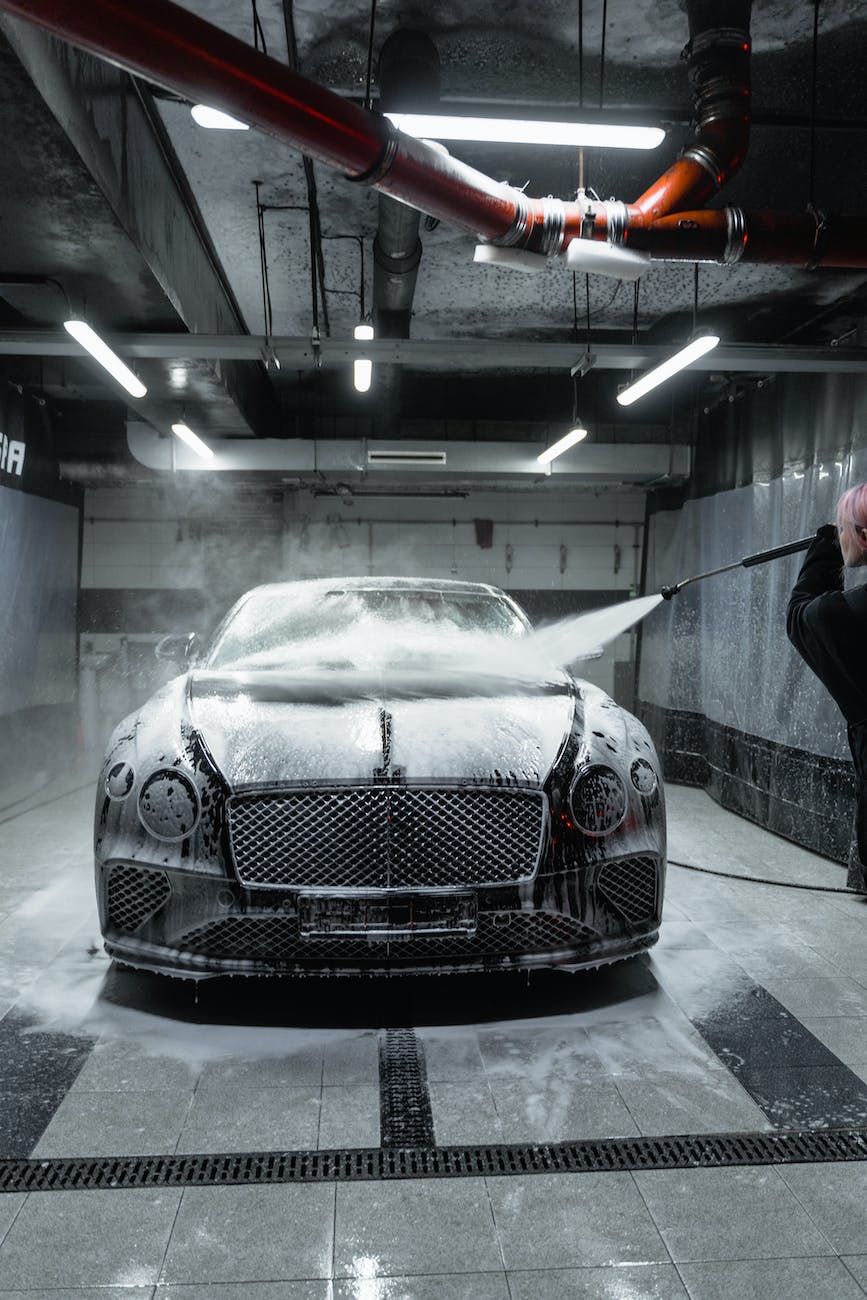A sparkling clean car enhances its aesthetic appeal and prolongs its lifespan by preventing rust and corrosion. While manual car washing can be effective, it’s time-consuming and often falls short of achieving that showroom shine. Enter the car pressure washer – a powerful tool that can transform the way you maintain your vehicle. This comprehensive buyer’s guide discusses in detail regarding pressure washers, helping you choose the ideal one for your needs.
What is a Pressure Washer for Cars?
A pressure washer is a specialized cleaning tool that removes dirt, grime, and contaminants from the surface of your vehicle using high-pressure water. It’s equipped with a motor and a pump that pressurizes water, resulting in a forceful stream that can tackle even the toughest stains.
Why Choose a Pressure Washer?
Efficiency: Pressure washers for cars can save time and effort compared to traditional washing methods. They blast away dirt and debris effortlessly, allowing you to complete the job in a fraction of the time it would take with a sponge and bucket.
Thorough Cleaning: The high-pressure water jet can reach into crevices and remove stubborn grime, ensuring a deep and thorough clean that’s hard to achieve manually. This means your car will look better and be free from hidden contaminants that can lead to long-term damage.
Preservation: Regular use of a pressure washer can help protect your vehicle’s finish and prevent rust and corrosion. By removing road salt, mud, and other corrosive elements, you’re extending the life of your car’s exterior, saving you money on repairs and refinishing down the road. Plus, a well-maintained vehicle has a higher resale value, making it an intelligent investment in the long run.
Types of Pressure Washers
Electric vs. Gas-Powered
Electric: These pressure washers are suitable for light to medium-duty tasks. They are quieter, more compact, and require less maintenance. Ideal for residential use.
Gas-Powered: Gas-pressure washers offer more power and mobility. They are best for heavy-duty cleaning tasks and commercial use. However, they are noisier and emit fumes.
PSI and GPM Ratings
PSI (Pounds per Square Inch): PSI indicates the pressure at which water is delivered. Higher PSI means greater cleaning power. For cars, a range of 1,200 to 2,200 PSI is usually sufficient.
GPM (Gallons per Minute): GPM measures the water flow rate. A higher GPM can help rinse away debris effectively. Look for a balance between PSI and GPM for optimum performance.
Key Features to Consider
Nozzle Types
Different nozzle types offer various spray patterns, allowing you to adjust the pressure and coverage according to your needs. Common nozzle types include:
0-Degree Nozzle: A concentrated, high-pressure stream for tough stains.
15-Degree Nozzle: A powerful but wider spray pattern for general cleaning.
25-Degree Nozzle: A medium-pressure spray for rinsing and surface cleaning.
40-Degree Nozzle: A gentle, wide-angle spray for delicate surfaces.
Hose Length and Material
A longer hose provides greater reach, allowing you to clean your car more comfortably. Opt for hoses made of durable materials like PVC or polyurethane for longevity.
Detergent Tank
Some pressure washers come with built-in detergent tanks, making applying soap or cleaning solutions easy during the washing process. This feature can enhance the cleaning efficiency.
Mobility and Portability
Consider the weight and design of the pressure washer. Wheels and handles can significantly improve mobility, especially if you need to move it around frequently.
Safety Considerations
Eye and Ear Protection
Wearing safety glasses or goggles is essential to protect your eyes from high-pressure spray and debris. Additionally, ear protection can help reduce the noise gas-powered pressure washers produce.
Proper Distance
Keep your distance from the vehicle and avoid spraying at a point-blank range to prevent damage to the car’s finish.
Pressure Adjustment
Always start with lower pressure settings and gradually increase as needed. High-pressure settings can damage the car’s paint or strip away wax.
Maintenance and Care
Cleaning and Storage
After each use, thoroughly clean the pressure washer, hose, and nozzles to prevent clogs and damage. Store it in a dry, cool place to avoid freezing during the winter.
Pump Maintenance
Regularly check the pump oil level and change it as recommended by the manufacturer. This ensures the longevity and smooth operation of the pressure washer.
Hose Inspection
Check the hose to look for signs of damage. Replace it if you notice cracks or leaks to prevent accidents.
Investing in the right car pressure washer can transform the way you maintain your vehicle. It saves time and effort and ensures a thorough and efficient cleaning process. Remember to consider factors like power source, PSI, GPM, and safety features when making your choice.








